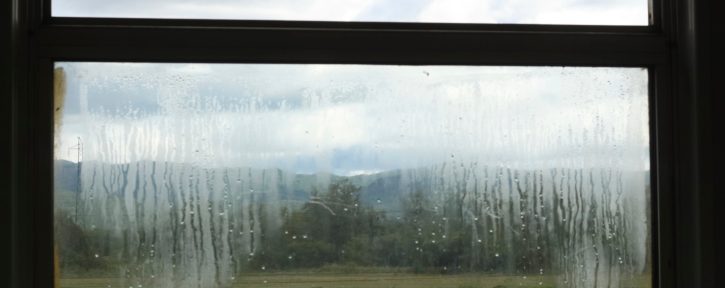
Originally published on August 19, 2014
Do you have hot and/or cold spots in your home?
Finding a way to evenly manage temperature and humidity control are two main advantages of a modulating system. While a fixed speed system can only run at full speed, a modulating system can have two or more speeds. In terms of temperature control, this means a modulating system will provide consistent air conditioning that is commensurate with the need in the home, as opposed to a fixed speed’s just turning on or off. Rooms that receive the least airflow often have these hot or cold spots which the modulating systems help even out.
Are you too warm or cold while sleeping?
Another instance of consistent airflow impacting quality of life is during the night when comfort can directly relate to the ability to sleep. A fixed speed system can cause a homeowner to be both too hot and too cold, depending on whether the system is cycling on or off. Conversely, a modulating system can provide a longer-lasting and less intense airflow, which keeps rooms at a more precise temperature and allows the homeowner to have better comfort control while they sleep, with fewer cycles than a fixed speed unit.
Have you ever gotten a “clammy” or a “sticky” sensation from the air at home?
In terms of comfort, humidity increases how warm an environment feels and may lead to the sensation of clamminess. Since modulating HVAC systems run more consistently, more air is cycled through the system, which removes moisture, and lower indoor humidity is achieved. Lower humidity allows the homeowner to raise the thermostat temperature, thereby saving energy.
Have you ever experienced issues with mold growth in the home?
In addition to how the air feels, high relative humidity can lead to mold growth. The Centers for Disease Control and Prevention (CDC) recommends to, “Keep humidity levels as low as you can—no higher than 50 percent — all day long.” A fixed speed system allows relative humidity to go as high as 60 percent while modulating systems do not break 50 percent. Mold is harmful to the physical features of the home, in addition to human health; a modulating HVAC system prevents harmful mold growth by removing moisture from the air.
In the end, it comes down to what will best fit your home, preferred lifestyle, and budget. Keep in mind while modulating systems may have a higher upfront cost, there are energy savings and rebates to consider. Learn more about heat pump rebates and tax credits here.
Read Next: Advantages of Modulation: Modulating vs. Single and Two-Stage Furnaces


